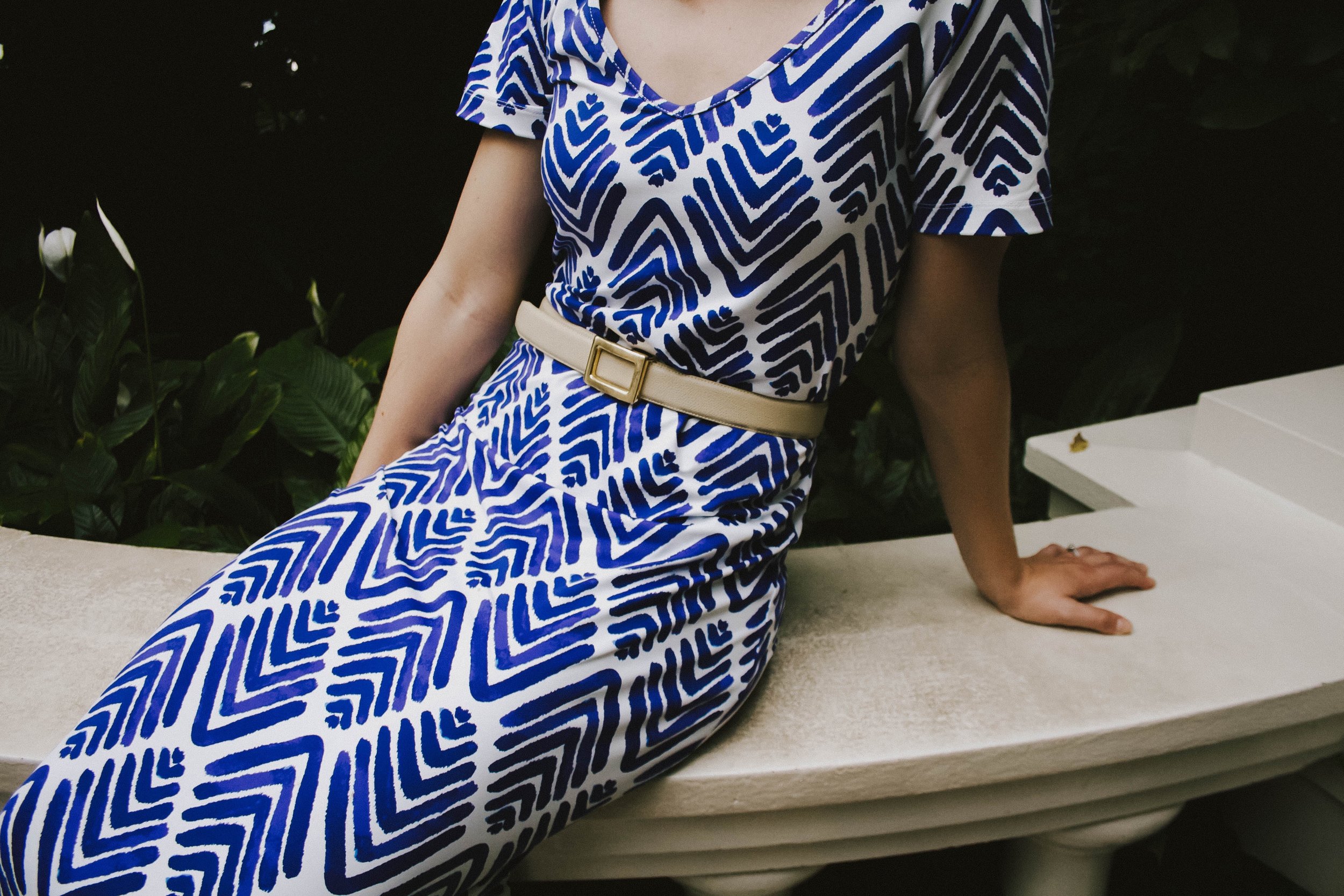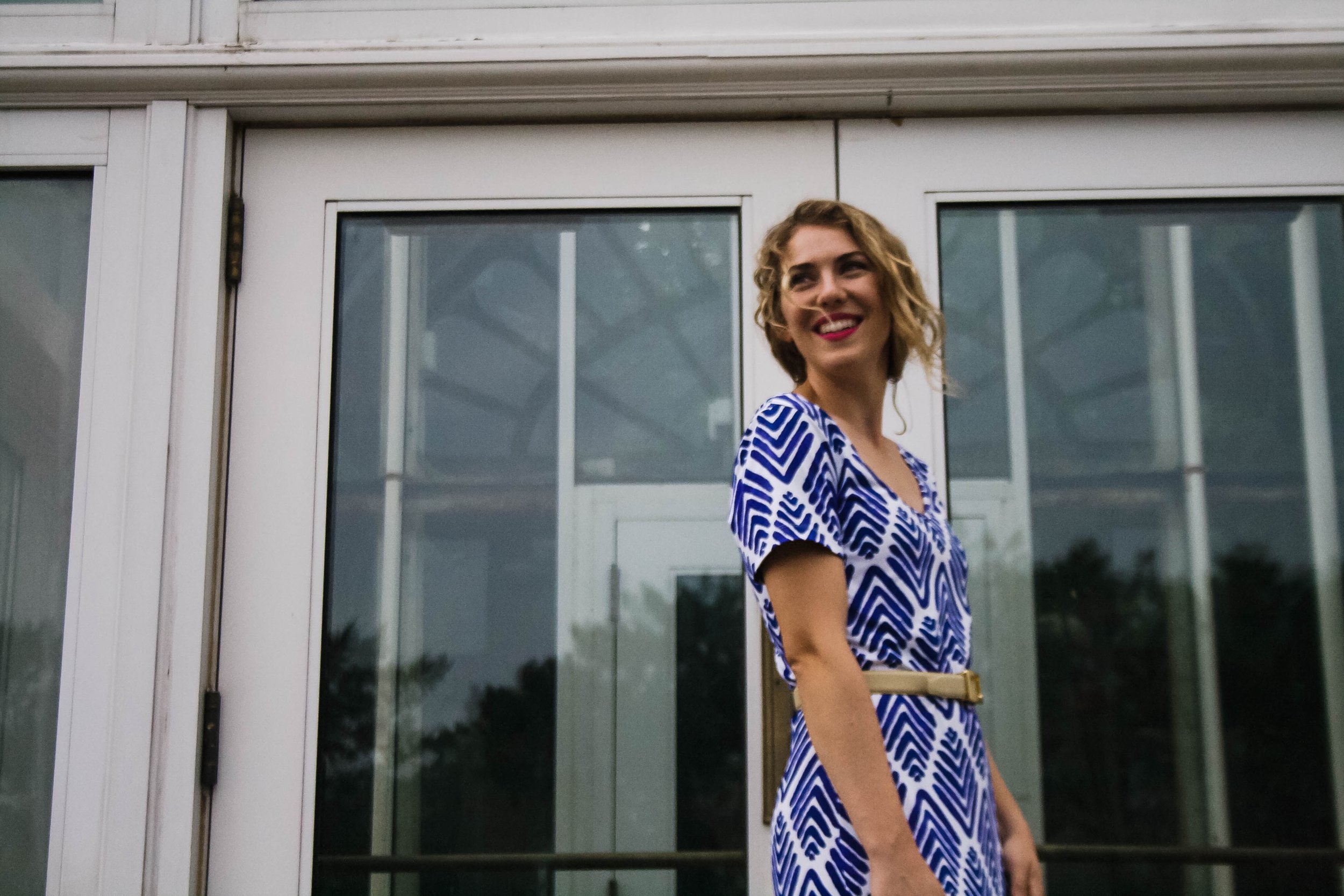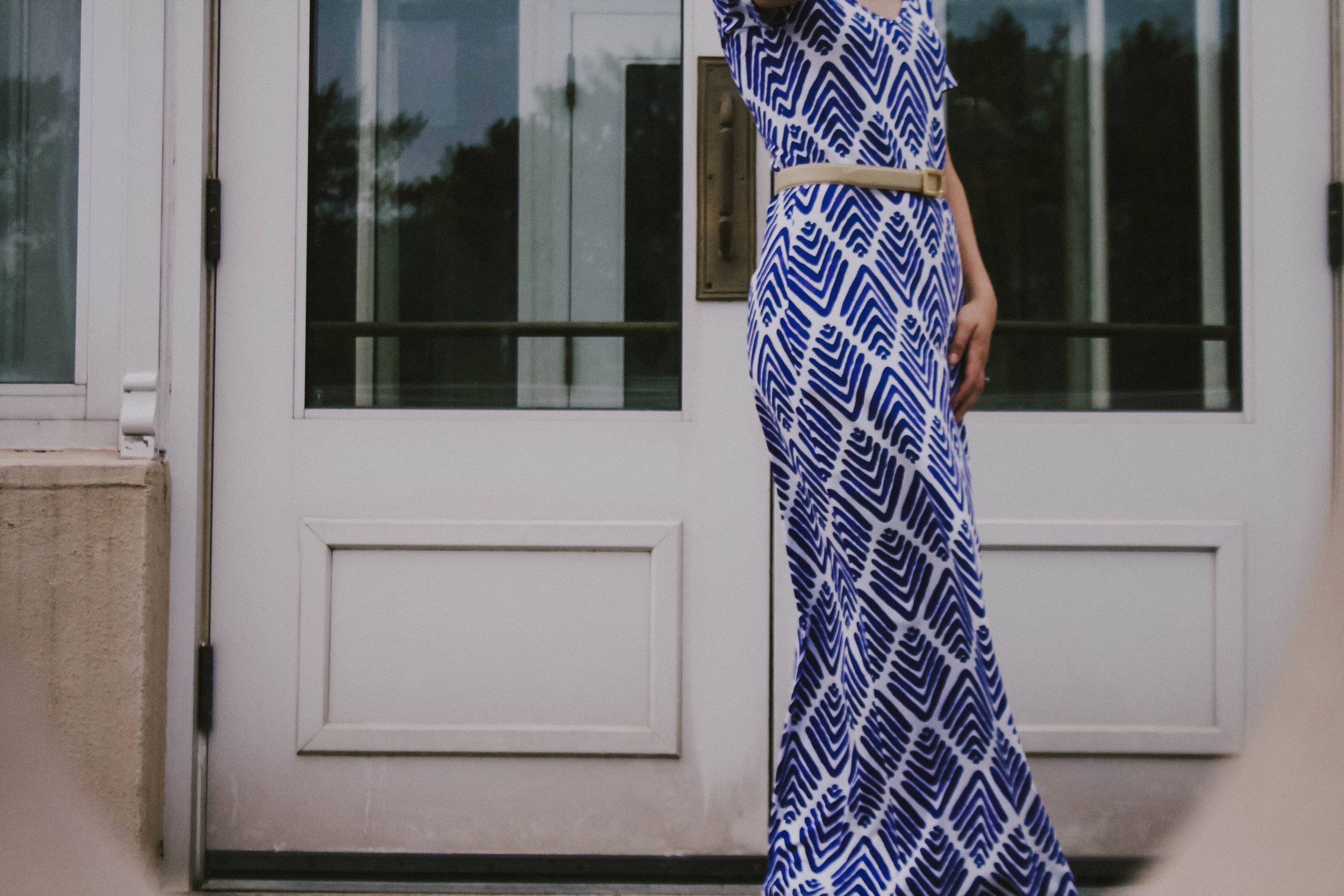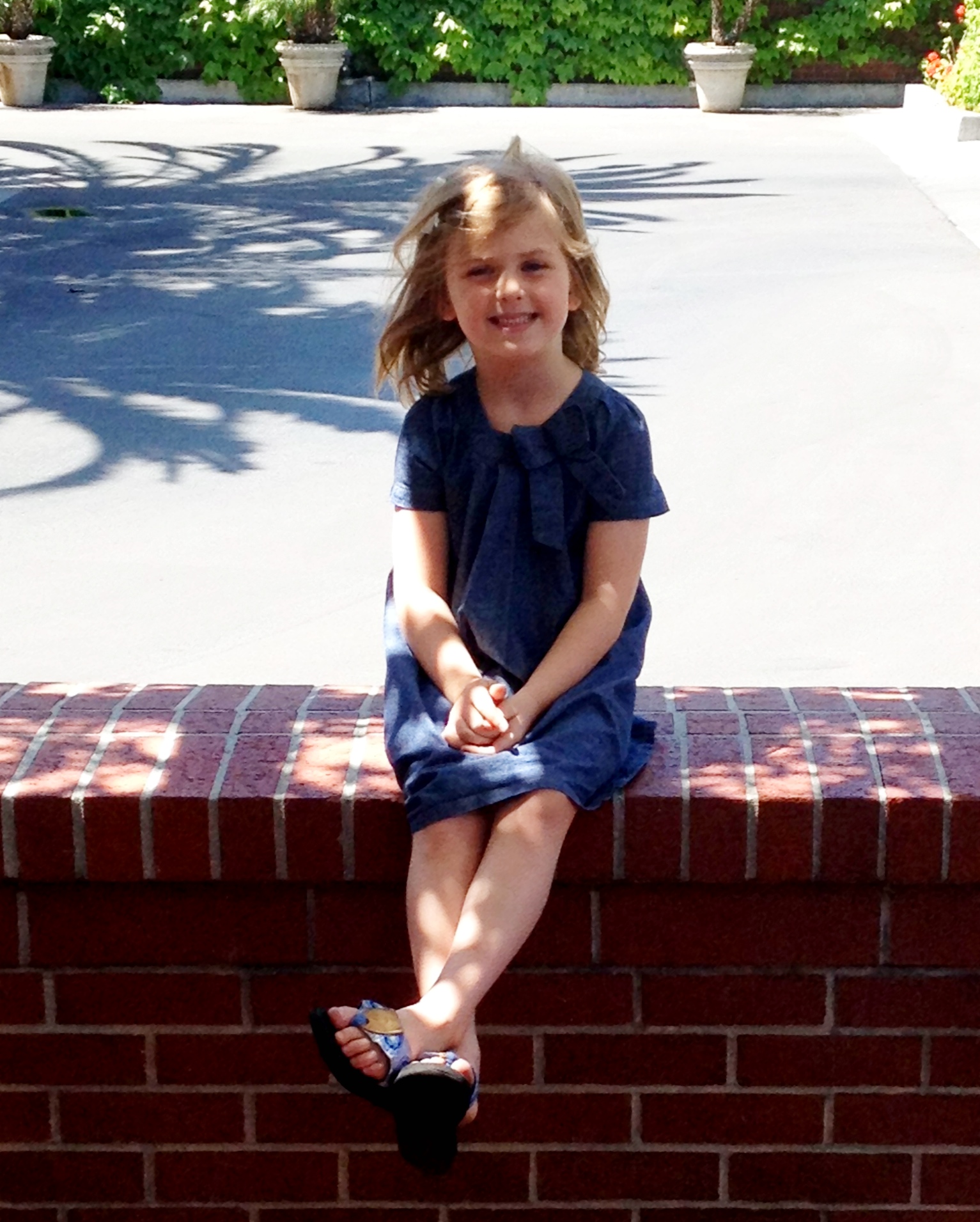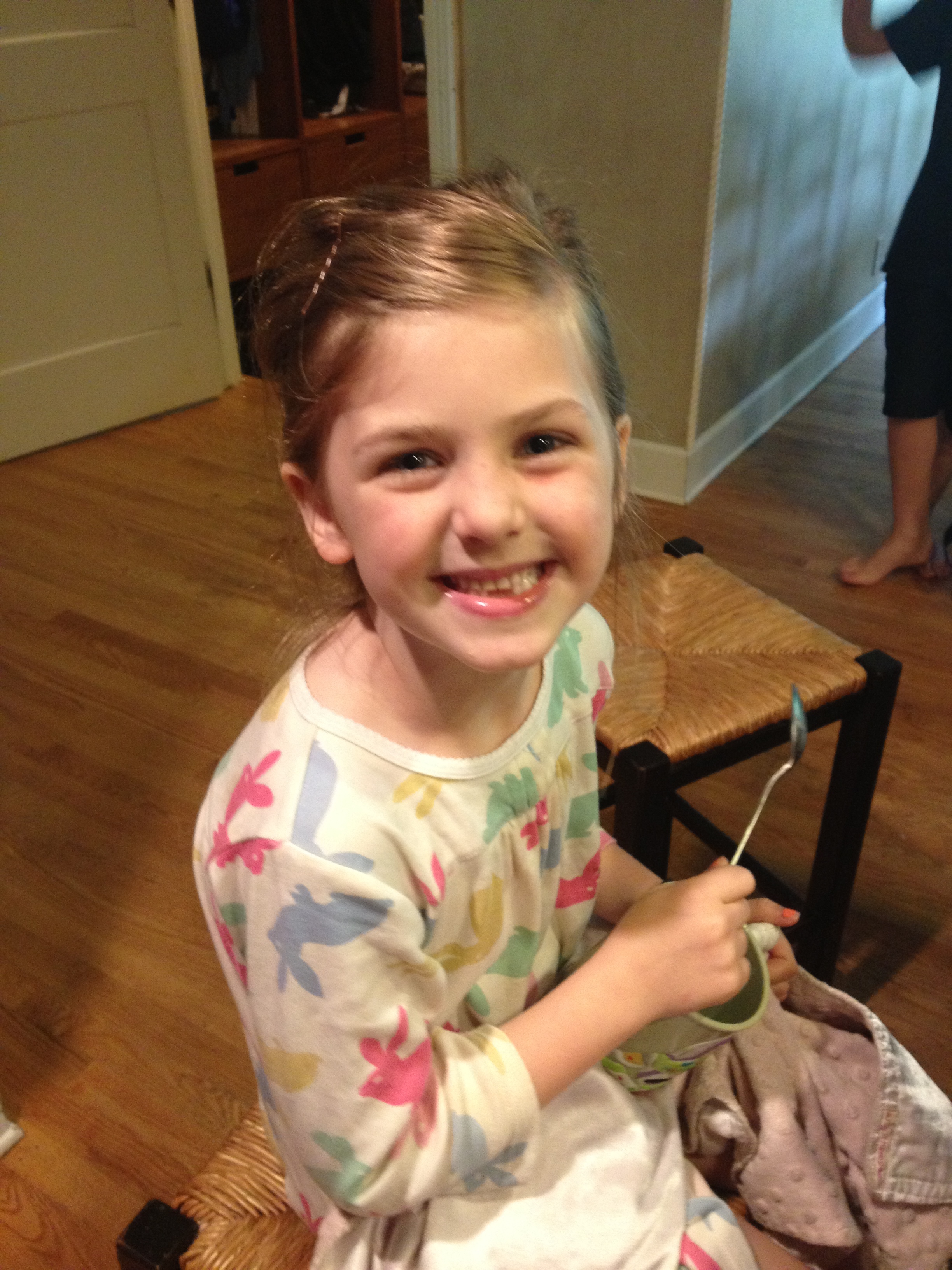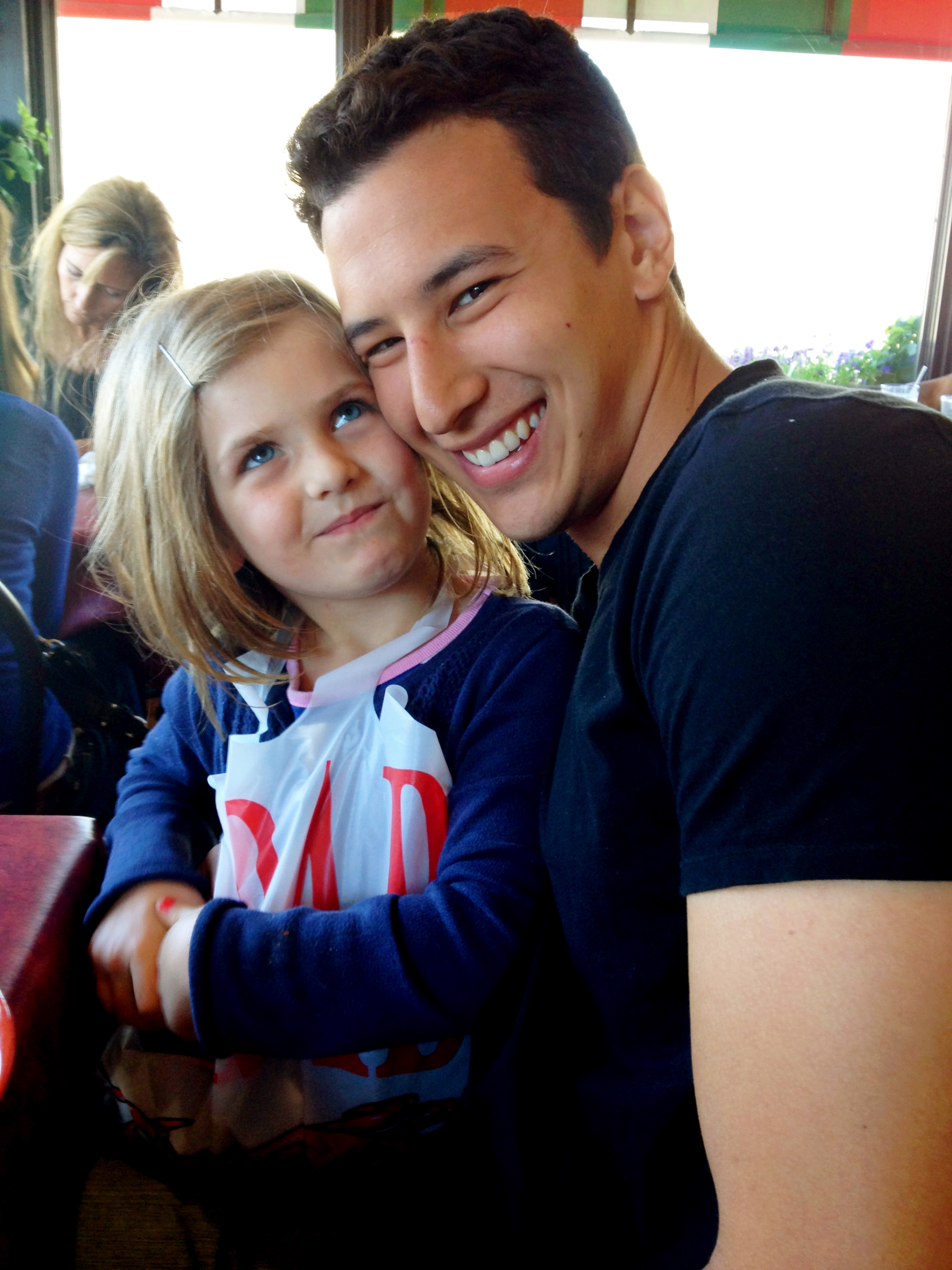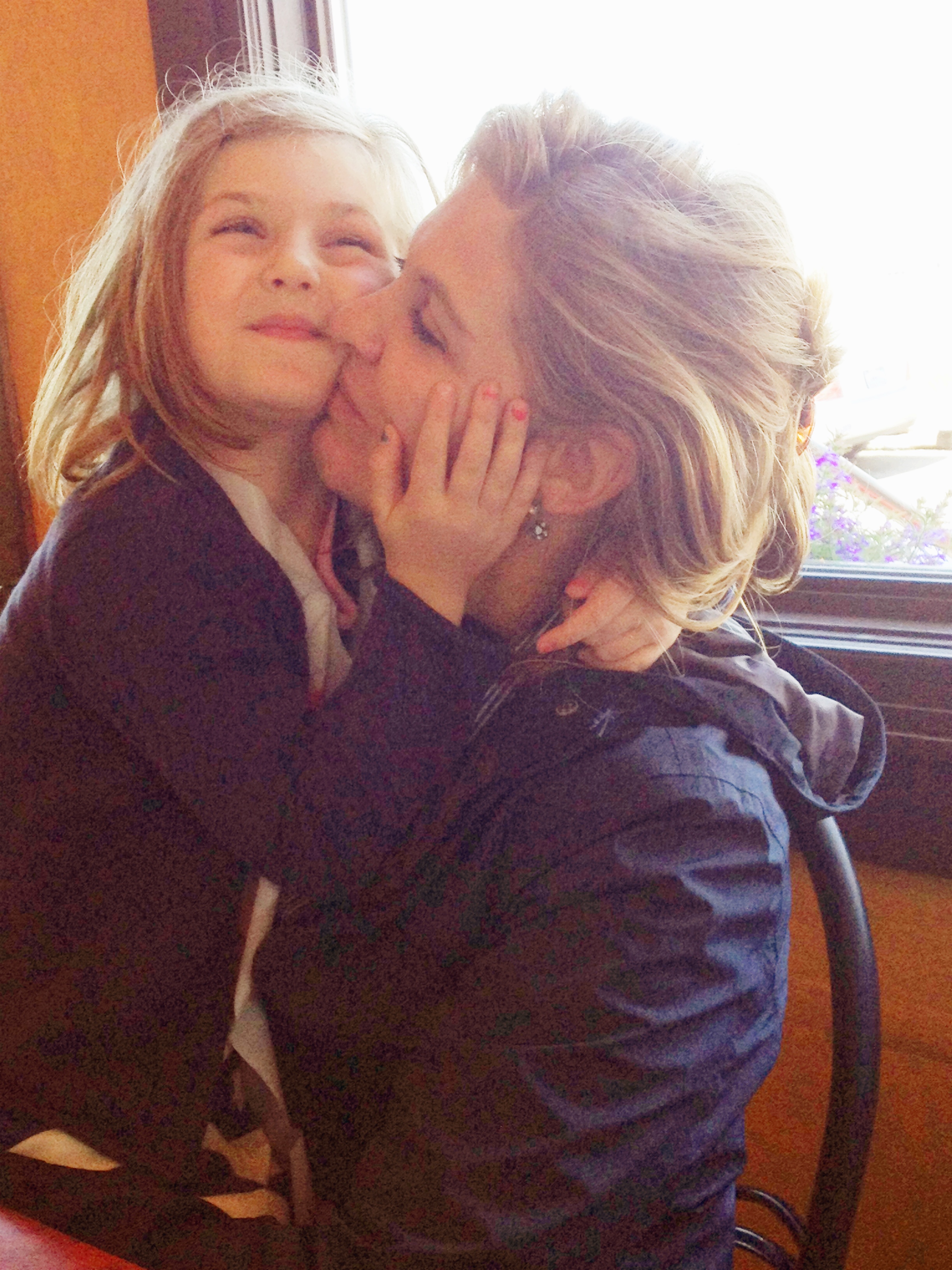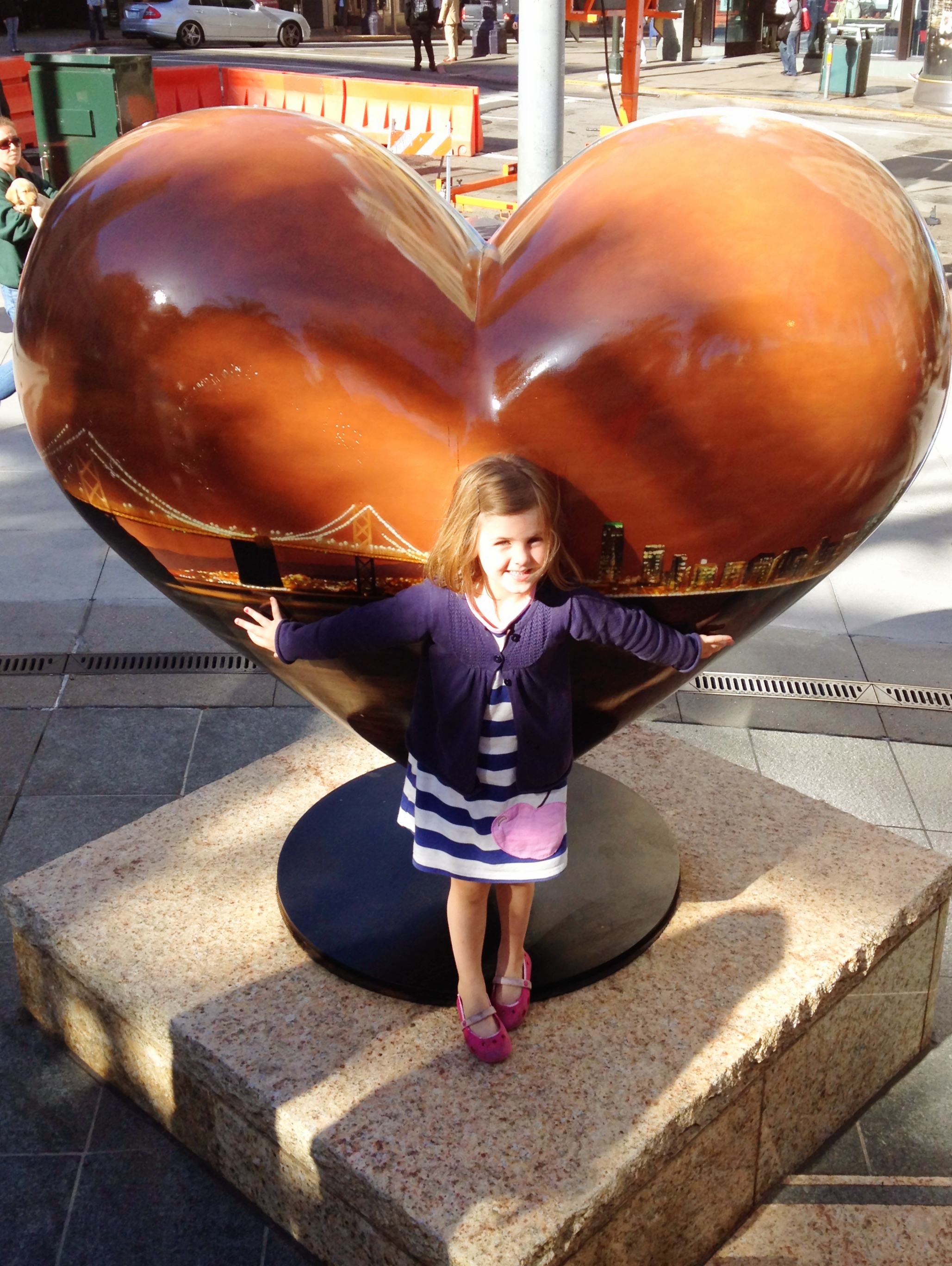While dressing for dinner, a night on the town, or an event such as a concert or a wedding, I try to balance the three S’s: sophisticated, self-assured, and sexy. Sexy?! Sexy is not—or at least doesn’t have to be—equivalent with revealing. While I prefer to categorize my style as classic and classy, the three S’s are not actually at odds with these adjectives, but rather can further describe and clarify the mystery of “classy style” for budding fashionistas. Bear with me as I employ the images by Haley Sieben Photography to break it down. . .
Sophisticated
What comes to mind when we hear "sophisticated"? Classy, timeless, polished. Maybe images of Audrey Hepburn, Jackie O, or Meryl Streep in The Devil Wears Prada begin to dance through our heads. As I've written before, what these women and that classy dame of a grandma of yours all have in common is a sense of style that transcends the ages, yet does not look outdated. Sophisticated style embodies a sense of worldliness without saying a word, but rather, by wearing it.
Styling with a little grace: A long, slimming maxi dress brings the sense of class and modesty that begets sophistication. The detail of the polished belt ups the sophistication factor even more, adding a touch of glam.
Sexy
I had multiple second thoughts (so... third and fourth thoughts?) about including this word. It's mere utterance has the ability to turn one red with embarrassment and discredit what they thought was an otherwise wholesome journal (or it gives "street cred," as the kids say, to what was thought to be an otherwise old-fashioned journal). What often comes to mind when someone says "sexy" are scantily clad folk with tan, glistening skin. But I maintain that dressing sexy doesn't require you to strip down to your skivvies (in fact, please don't). A dress that is well-fitted but not tight, pants that are tailored but not too snug, a button down shirt that bares just the right amount of the décolletage, an off-the-shoulder top baring the shoulders and collarbone, or a low (V-cut) back all are sexy in their own regard. "Sexy"—at least by my definition—does not mean provocative; it means alluring and attractive with a sense of mystery. And mystery requires, as my parents always reminded me, that something be left to the imagination.
Styling with a little grace: The V-neck and V-back of this dress reveal the right amount of skin in the right places, and a silhouette that grazes my curves but is not tight flatters my figure without showing too much.
Self-assured
This adjective rounds out the trio quite nicely. While some may think "sexy" is synonymous with revealing clothing, along comes "self-assured" to prove otherwise. One must be self-assured enough to know that they do not need to dress in low necklines and high hemlines to earn attention for their looks or portray their confidence. In fact, a woman must be confident enough in herself to know that she does not need to bare skin to feel self-assured, or worthy of attention, love, or confidence. She already feels assured in her worth, and her classy style of dress (coupled with her luminous smile and good posture!) portrays this to both men and women.
Styling with a little grace: Taken together, the length of my maxi dress and the subtlety of skin shown around the neck and back create a balanced, self-assured look. The outfit, my smile, and the pop of lipstick express my confidence in my character, such that I do not need a high hemline or snug dress to attract attention.
Taking these three words together, you can achieve an outfit that is not too stuffy, frumpy, or sultry. When considered equally, this trio of words informs a style that is just the right amount of poised panache that is required of truly classic and classy style.
With a little grace,
Kelsey
Thank you again to my beautiful cousin, Haley Sieben, for these stunning photos! Check out her page for more.





